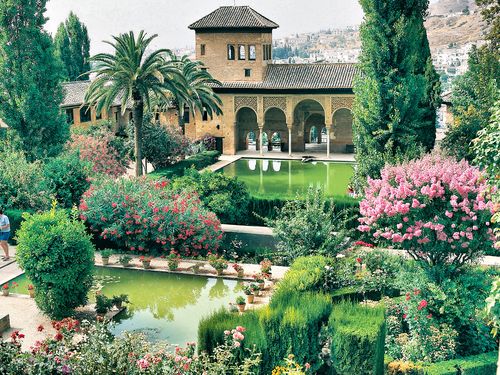Globalization has often been viewed as a threat to cultural identity, with the rapid exchange of information and ideas along with people, goods, and services across borders. However, despite its downside, globalization can also reinforce cultural identity, empowering and preserving unique cultural heritages.
One of the most significant upsides of globalization is its potential to connect people across the world, allowing them to share experiences, insights, and ideas. Cultural exchange can promote mutual respect and understanding, enhance diversity and creativity, and break down stereotypes and prejudices. Moreover, the global expansion of markets and technology has made more cultural products and services accessible than ever before, including music, films, literature, fashion, cuisine, and art.
In this sense, globalization has created opportunities for artists, entrepreneurs, and communities to showcase and celebrate their cultural identity and traditions. Many cultural expressions that were previously marginalized or unknown have gained international recognition, such as African music, Latin American literature, or Japanese cuisine.
Globalization has also transformed local cultures, fostering innovation, and adaptation to new social, economic, and environmental conditions. For instance, the rise of digital media and social networks has allowed indigenous communities to share and promote their knowledge and practices, including traditional medicine, sustainable agriculture, or environmental conservation. The integration of cultural diversity into mainstream education, healthcare, and tourism can enhance cross-cultural competence and respect for human rights.
In conclusion, the upside of globalization in reinforcing cultural identity is significant. By fostering cultural exchange, innovation, and recognition, globalization can empower and preserve unique cultural heritages, while promoting diversity, creativity, and mutual respect. However, policymakers, businesses, and civil society must work together to ensure that globalization benefits everyone and avoids cultural appropriation, discrimination, or homogenization. With the right approach, globalization can build bridges across cultures, rather than walls, and promote a more inclusive and harmonious world.
(Note: Do you have knowledge or insights to share? Unlock new opportunities and expand your reach by joining our authors team. Click Registration to join us and share your expertise with our readers.)
